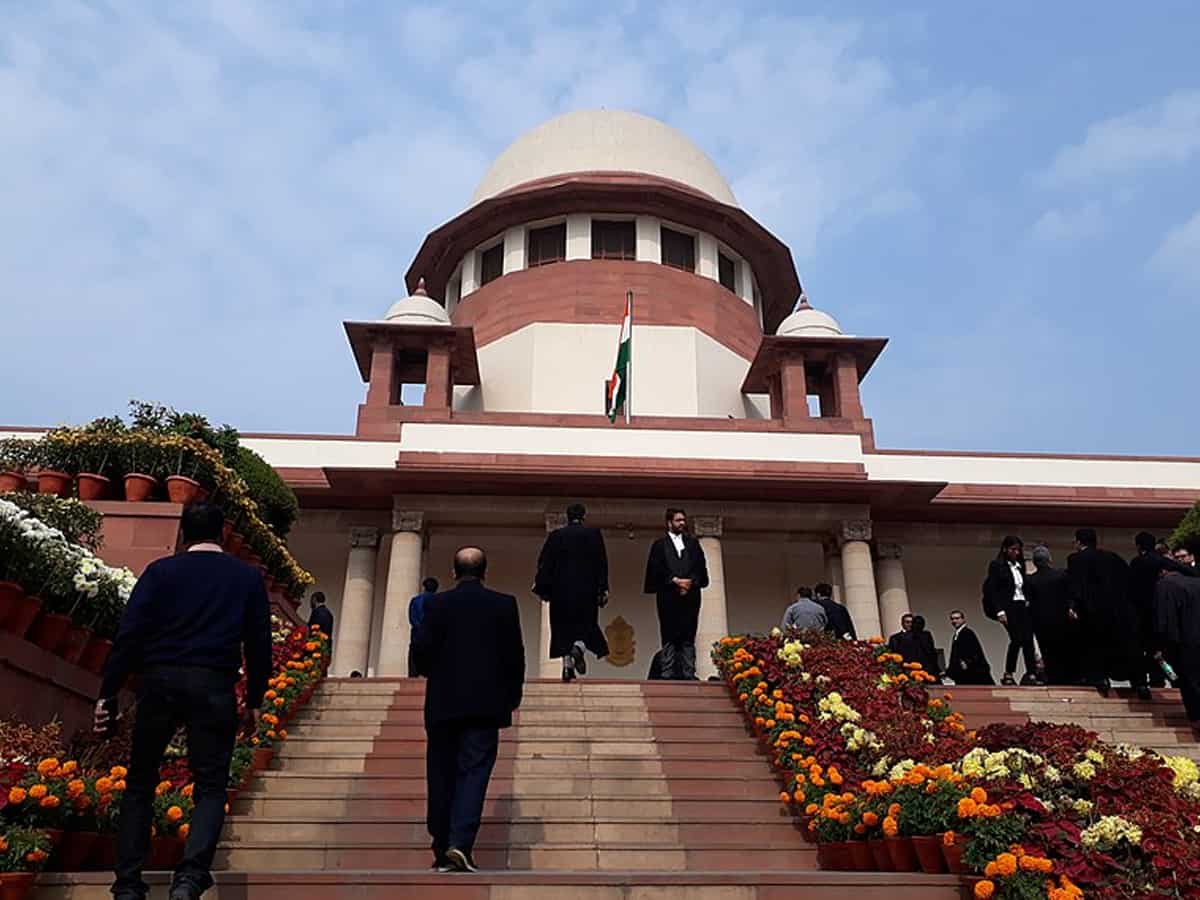
The central government on Monday informed the Supreme Court that it has decided to re-examine and reconsider the provisions of section 124A of the Indian Penal Code, the sedition law, and requested it not to take up sedition cases till it finishes it’s reconsideration process.
Earlier, the centre had told the Supreme Court that the validity of section 124A of the IPC is good in law and needs no reconsideration. Solicitor General Tushar Mehta had said that in the Kedar Nath Singh vs State of Bihar case of 1962, the judgement has stood the test of time and is applied till date in tune with modern constitutional principles.
But on Monday, the centre said in an affidavit that in the spirit of “Azadi ka Amrit Mahotsav” and the Prime Minister’s vision, the government of India has decided to reconsider various colonial laws.
“The Government of India being fully cognizant of various views being expressed on the subject of sedition and also having considered the concerns of civil liberties and human rights, while committed to maintain and protect the sovereignty and integrity of this great nation, has decided to reexamine and reconsider the provisions of Section 124A of the Indian Penal Code which can be done only before the competent forum,” the affidavit said.
The affidavit was filed in response to a batch of petitions challenging the constitutionality of the colonial provision.
The Supreme Court had while issuing notice in the matter in July 2021, questioned the Central government on whether the law was needed 75 years after independence. It had been said that only those acts, which involved incitement to violence or violence, constituted a seditious act under Section 124 A of the IPC.
The top court is hearing the petitions filed by Major General SG Vombatkere (retd) and the Editors Guild of India and others, which challenged the constitutional validity of Section 124A which carries a maximum penalty of life imprisonment.



